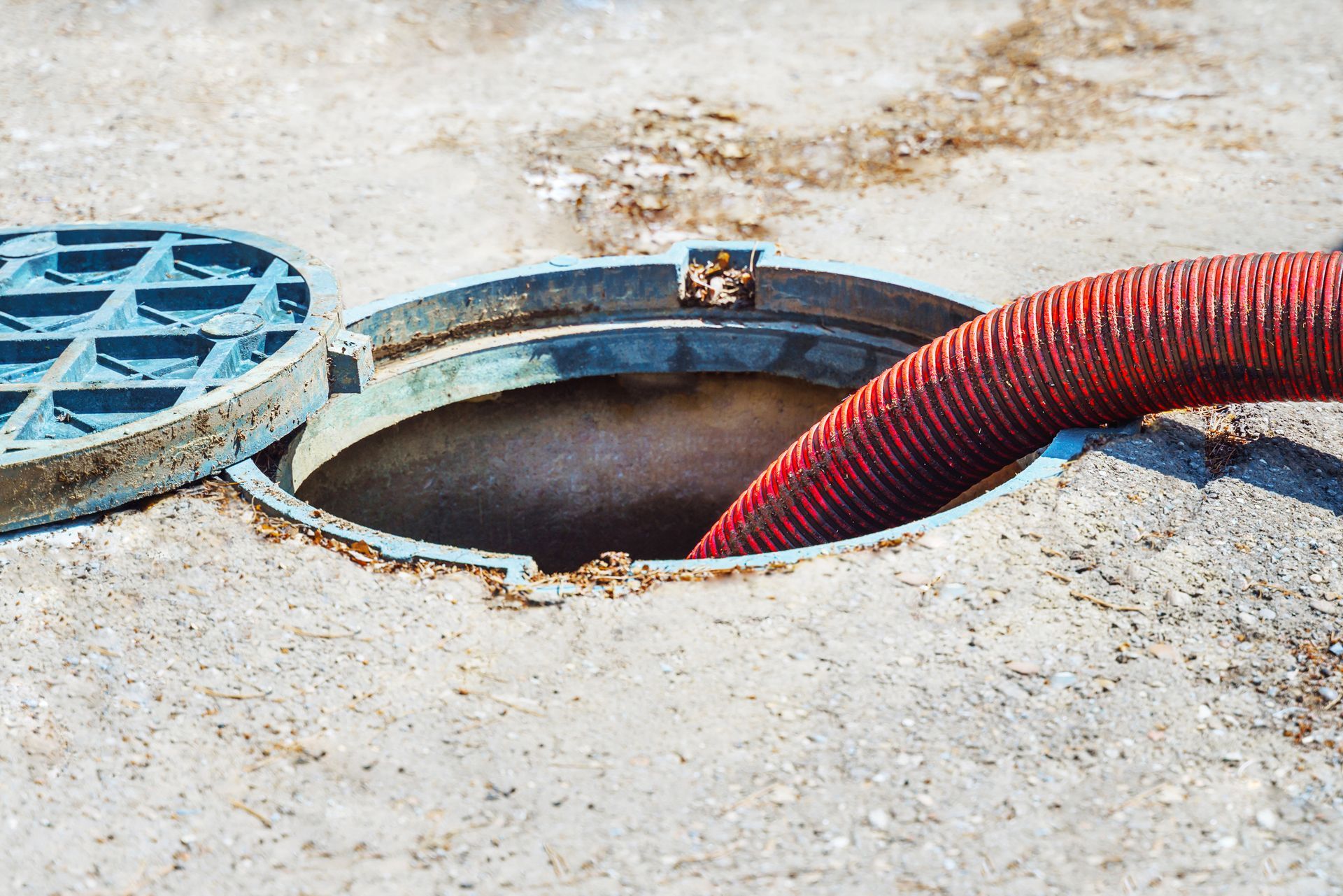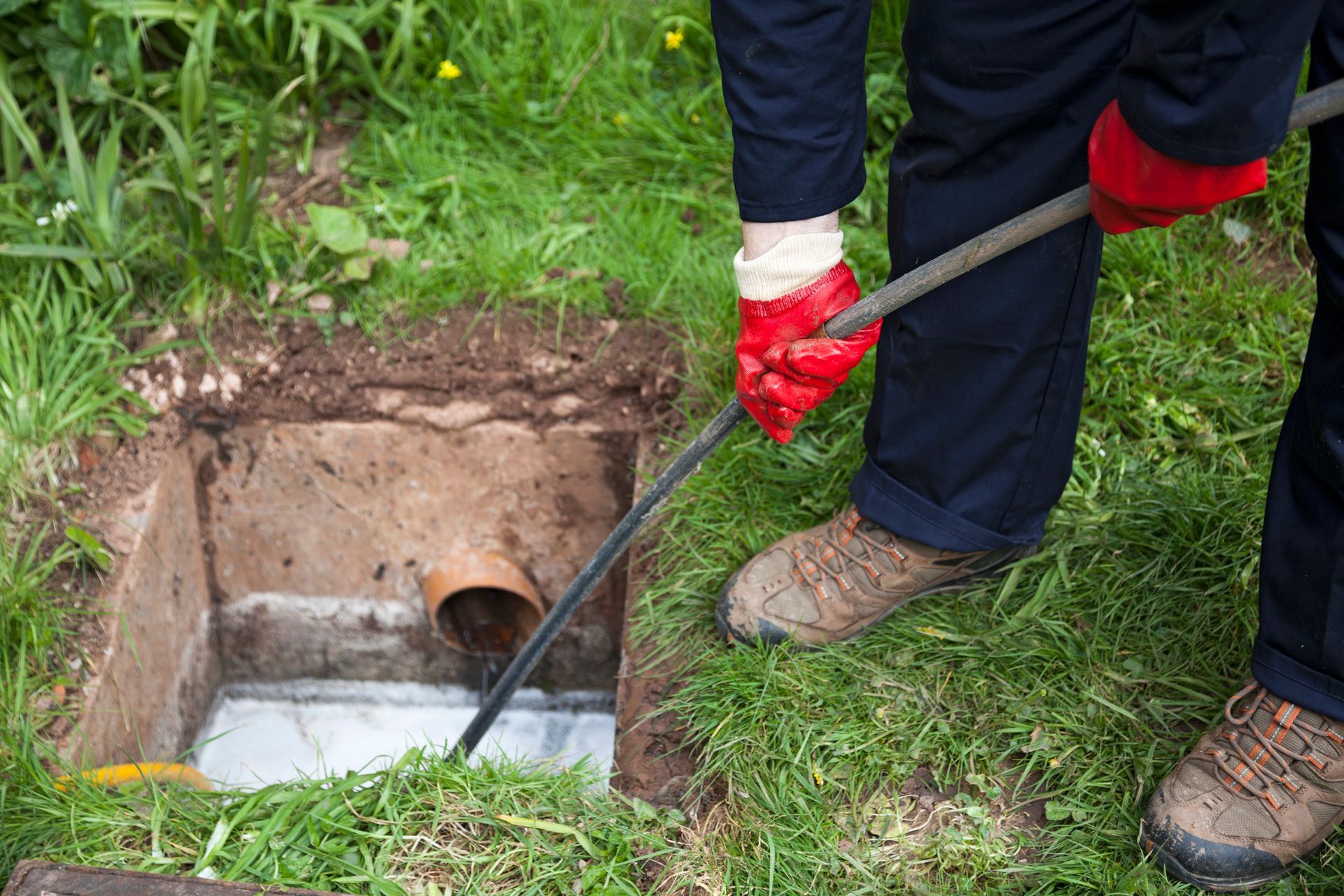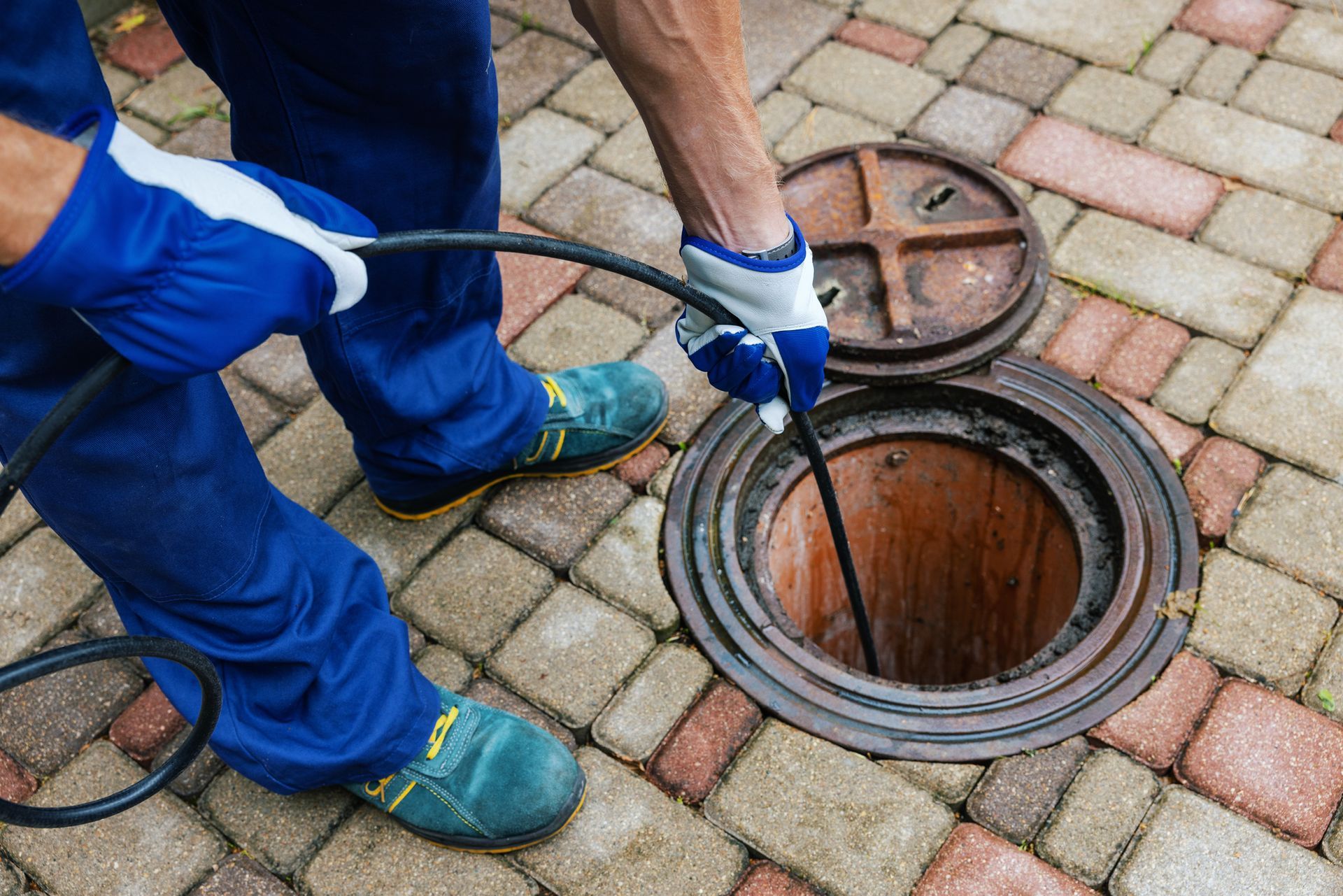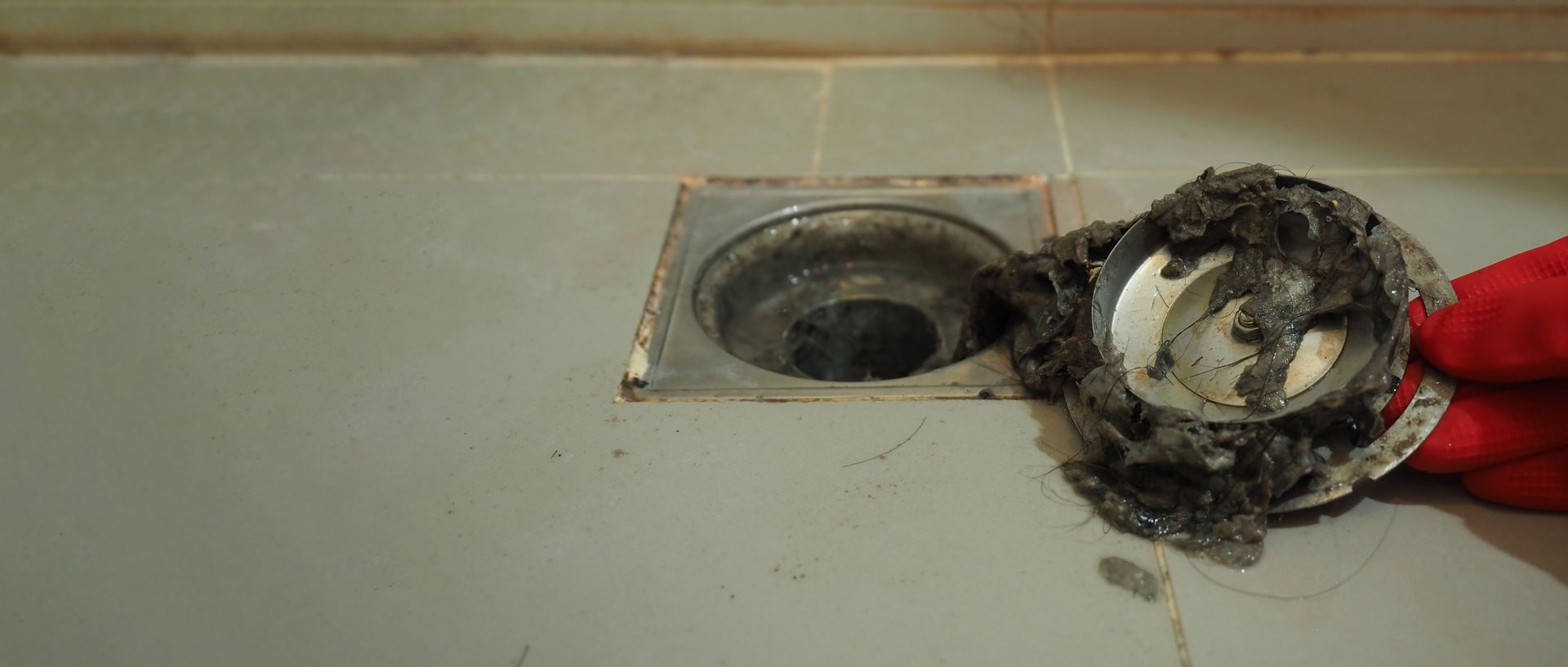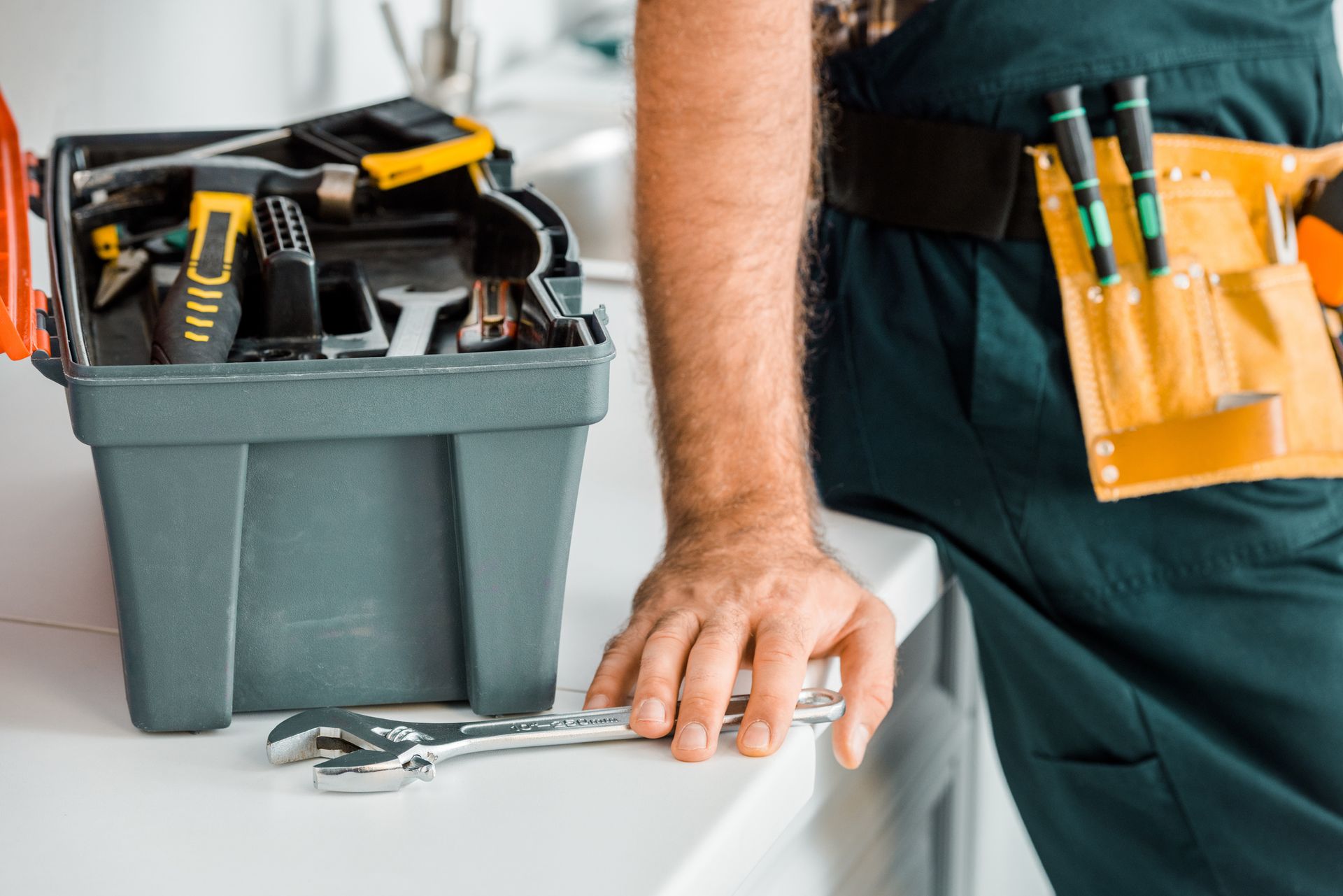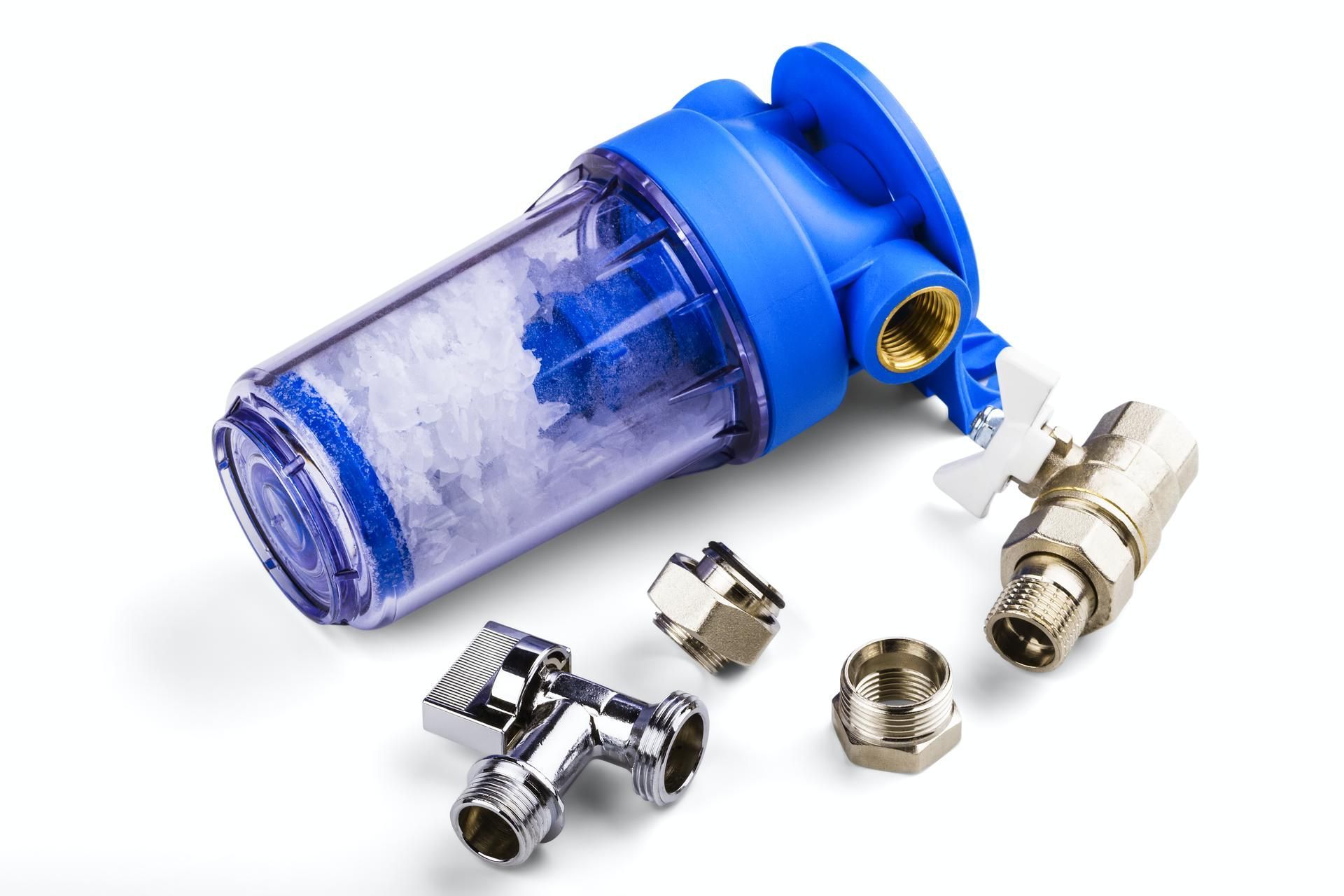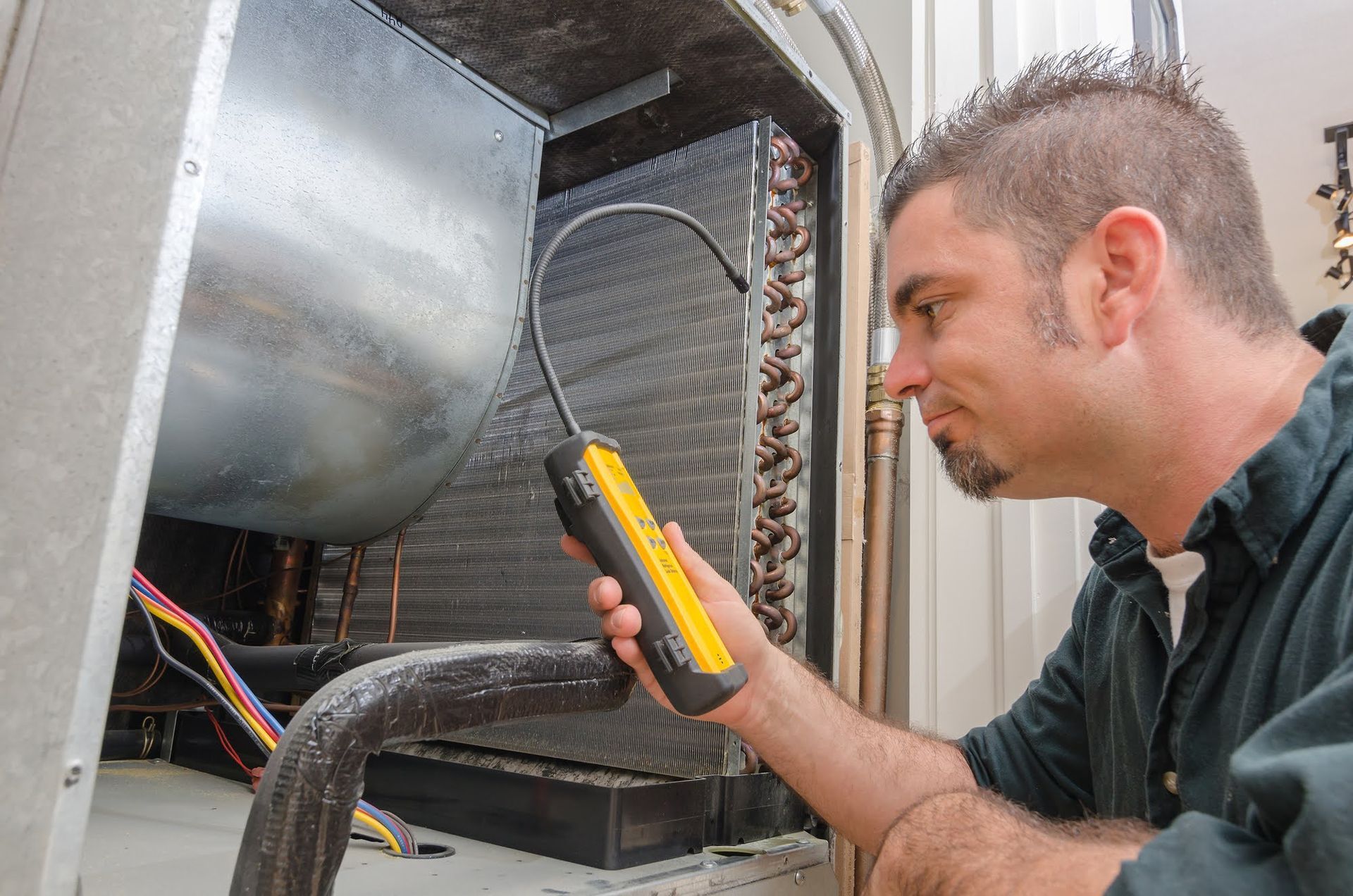Factors to Consider When Choosing an HVAC System for Your Home
HVAC Types
What HVAC is right for your home? The following types of HVACs are common for residential use:
- Furnaces
- Geothermal heat pumps
- Air source heat pumps
- Ductless heat pumps
- Air conditioners
Efficiency Ratings
After deciding on which HVAC type to buy, check the energy efficiency of each model. Knowing this will help you choose an HVAC that will give you a return on your investment by saving on energy costs. Consider these three important HVAC efficiency ratings.
Seasonal Energy Efficiency Ratio (SEER)
The SEER rating is an efficiency measure for heat pumps and air conditioners. Higher ratings show higher efficiency. Always select heat pumps and air conditioners with a SEER rating of 14 and above. Ratings of 22 or more indicate very high efficiency, according to Trane.
Average Fuel Utilization Efficiency (AFUE)
The AFUE rating measures how much fuel an oil-powered or gas furnace converts into heat for your home. Higher ratings indicate higher efficiency. When choosing a furnace, do not select one that has an AFUE rating of less than 78%. Highly efficient furnaces will have a 98.5% AFUE rating, according to Energy Star.
Heating Seasonal Performance Factor (HSPF)
The HSPF is an energy efficiency measurement for heating pumps. A higher HSPF indicates more energy efficiency. Highly efficient heating pumps may have an HSPF rating of up to 13. However, heat pumps with a rating of 8.2 or higher meet the energy efficiency qualification. Heat pump models manufactured after 2005 must have an HSPF of at least 7.7.
Size
Your HVAC system will overwork if it is too small for your home, which can waste money and energy. On the other hand, an oversized HVAC unit can cost more to install and change the temperature in your home too quickly, failing to control humidity. So, choose an HVAC that fits your home's heating and cooling needs.
The amount of heat or cooling necessary for a house depends on its physical features, thermal characteristics, size, and the occupants' comfort levels. When you give an HVAC contractor this information, they can tell which HVAC system can handle your needs.
Available Features
Different HVAC systems have various features that add to their convenience. For instance, smart HVAC units have a programmable thermostat that allows you to schedule temperature settings based on different times of the day or your everyday activities. You can also monitor a smart HVAC unit on your phone.
Other HVAC systems have a zoning feature that allows you to choose varying temperatures for each zone in your home. Some also have variable-speed fans.
Maintenance Needs
HVAC systems need regular adjustments and repairs to prepare for different seasons. The best maintenance time for cooling equipment is during spring and fall for heating systems. Purchase an HVAC unit that does not have too many maintenance requirements.
After choosing a suitable HVAC unit, inquire from your provider what the maintenance requirements for the particular unit are. Maintenance for HVAC systems may include cleaning the interior and exterior components and replacing air filters.
After choosing an HVAC unit, the next thing to do is hire a good HVAC contractor to install it correctly. At Garden Spot Mechanical Inc., we provide fast and efficient HVAC installation services. Contact us today for your HVAC installation needs.

